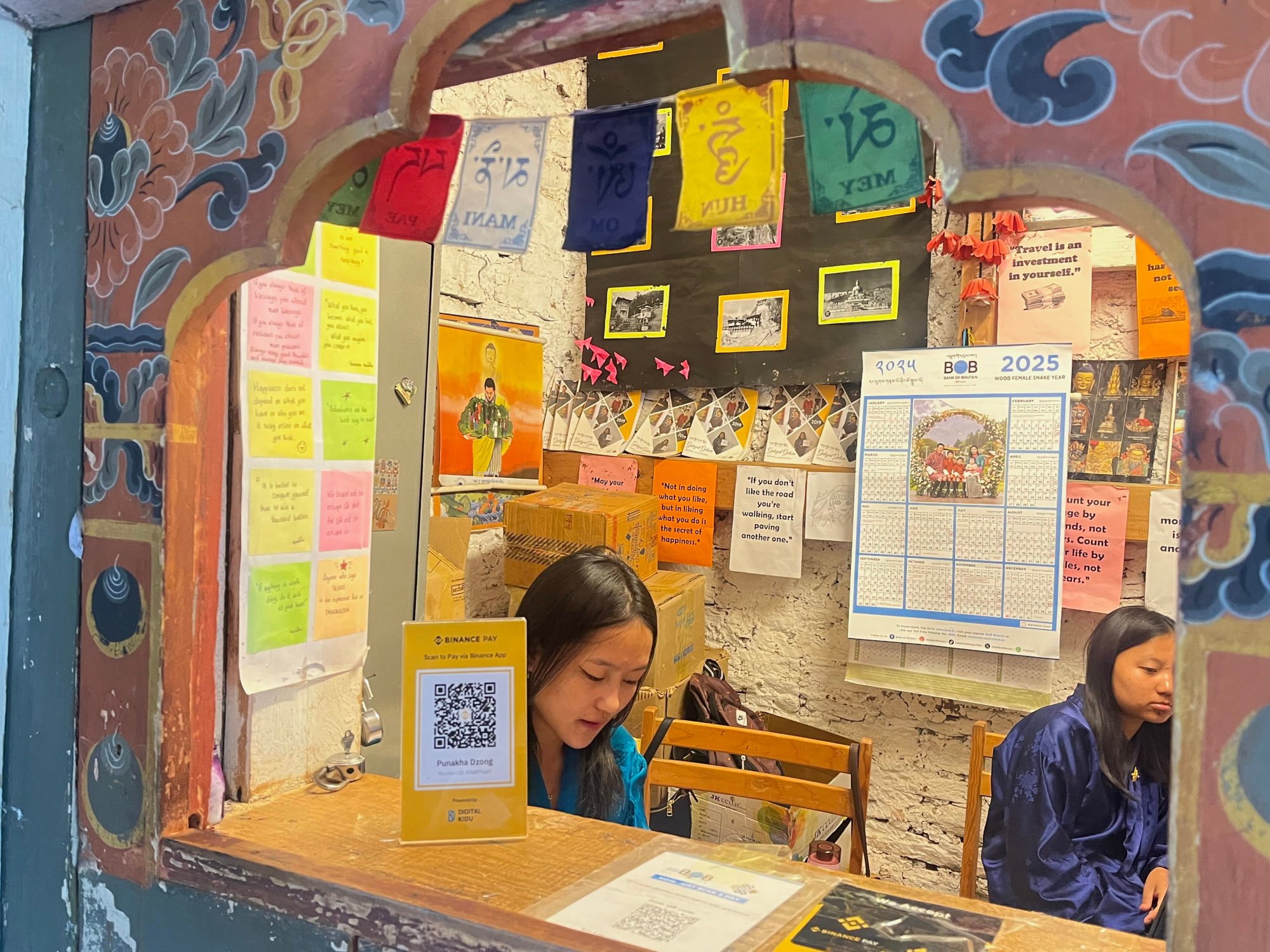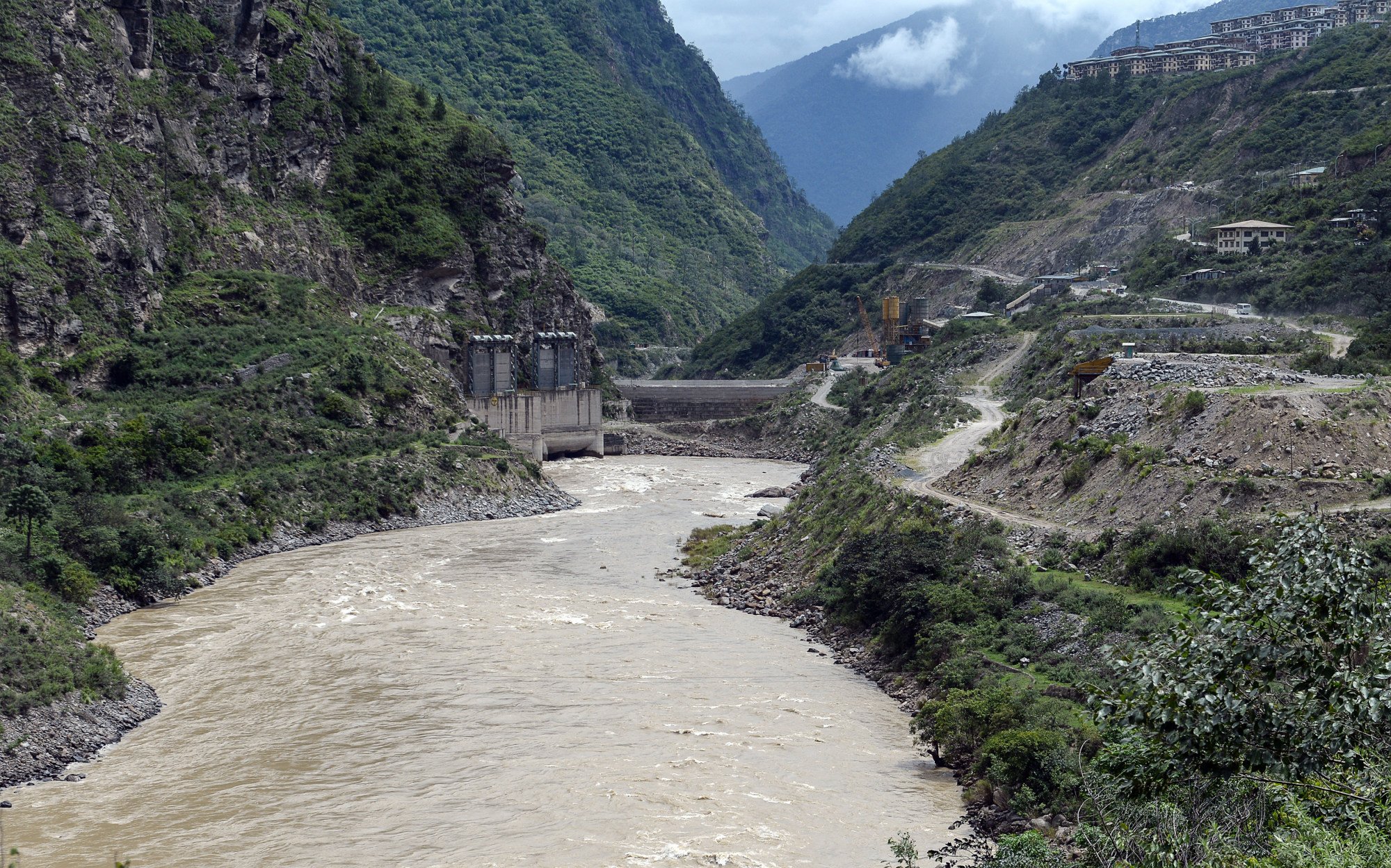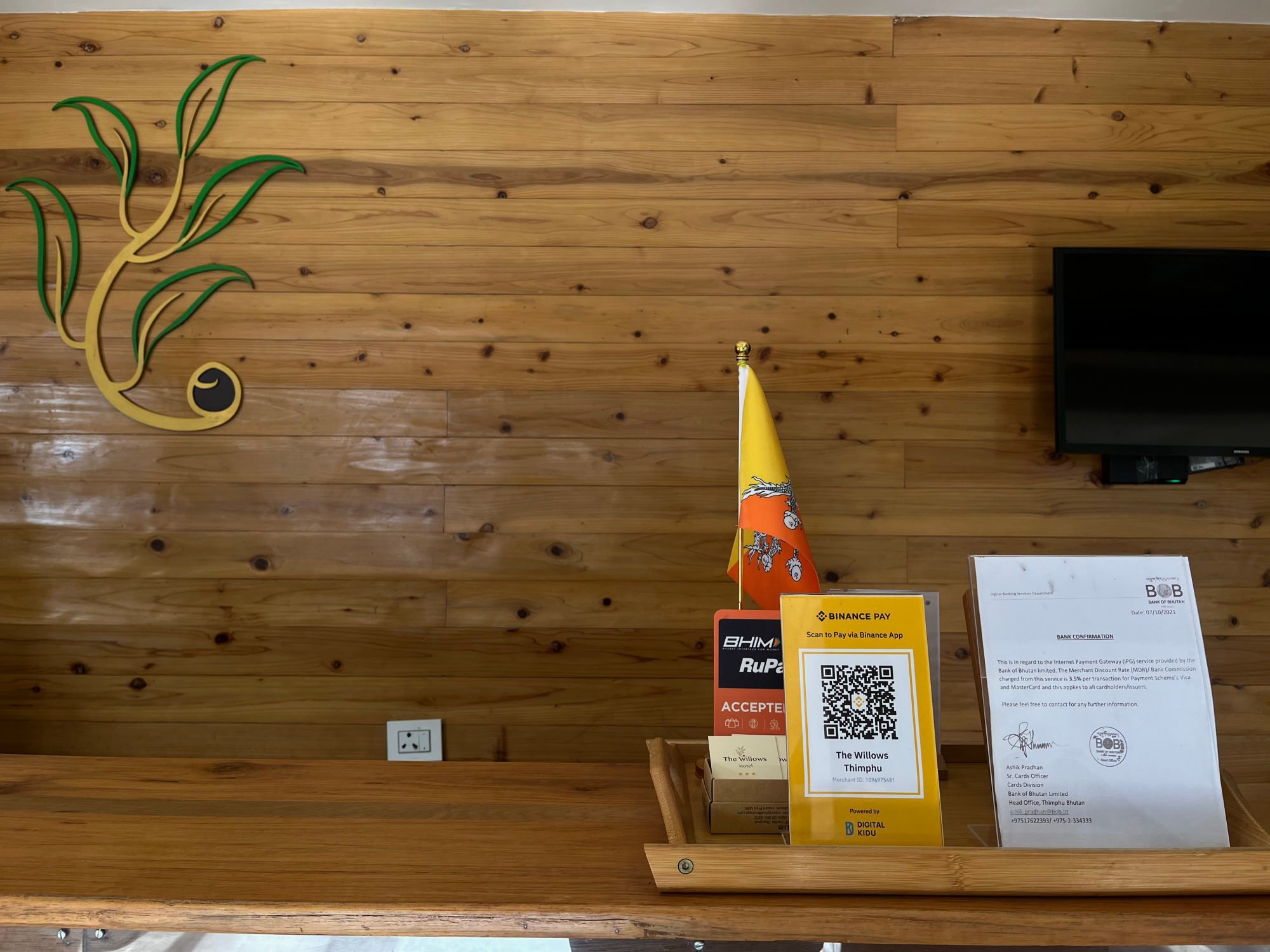Crypto kingdom: Bhutan goes all-in on bitcoin tourism
With over 1,000 vendors now accepting crypto payments, Bhutan is wagering on rapid adoption luring tech-savvy travellers and fuelling growth

High in the Himalayas, the tiny kingdom of Bhutan, long known for its pursuit of “gross national happiness”, has now set its sights on a new measure of contentment: cryptocurrency.
In a move that has startled some of its neighbours and inspired global fintech champions, the “Land of the Thunder Dragon”, home to around 800,000 people, is using state-mined bitcoin to fund public salaries and lure a new wave of tourists.
Bhutan became, in May, the world’s first nation to unveil a countrywide, government-backed system enabling visitors to pay for virtually every aspect of their stay using digital currencies – from visa fees and flights to hotel rooms and entry to ancient dzongs.
The initiative, supported by Binance Pay and the nation’s own fully digital DK Bank, has caught on quickly, with more than 1,000 vendors now taking part – up from just 100 some two months ago.

The technology is “seamless” for vendors and tourists alike, according to Binance CEO Richard Teng. While customers pay with cryptocurrency via Binance Pay, merchants receive immediate settlements in the local currency, ngultrum, shielded from the volatility that typically characterises crypto markets.
“The scale of adoption and embracement speaks volumes,” said Teng after visiting Bhutan to witness the roll-out in June. “These are much more efficient ways of payment than traditional ones – it’s much cheaper and secure. We see much more embracement of this new tech here.”
The embrace of digital currency is visible across Bhutan’s picturesque towns and villages. QR codes for Binance Pay sit alongside traditional payment options in handicraft shops, homestays and restaurants – from the bustling streets of the capital Thimphu to the tranquil Haa Valley, from Paro, home to the country’s only international airport, to the cultural heartland of Punakha.
“It’s very new to us, but we’re excited,” Passang Drukgyel, owner of Ku-kham House restaurant in Punakha, told This Week in Asia. “We’ve been seeing ads about it on TV, and we’re happy to support the government’s initiative of digitising currency.”

Wealth from water
For a nation that only welcomed television and the internet at the turn of the millennium, Bhutan’s leap into digital assets is nothing short of extraordinary.
Behind the scenes, the government’s investment arm, Druk Holding and Investments, began mining bitcoin as early as 2018, powered by the kingdom’s abundant hydroelectricity – a clean, cheap resource that makes its efforts both economically advantageous and environmentally sustainable.
Today, Bhutan ranks fifth in the world for government-held bitcoin reserves – sixth when factoring in North Korea’s crypto stash, which is largely the result of theft and cyberattacks. According to data-sharing platform Arkham Intelligence, the Himalayan kingdom’s holdings are valued at around US$1.28 billion.
“What Bhutan has accomplished with its bitcoin mining initiative is very impressive,” said Henri Arslanian, an adjunct professor at the University of Hong Kong, where he teaches courses on fintech and cryptocurrencies. “We should expect other countries that also have access to cheap electricity to use Bhutan as a case study. This could be a game changer for Bhutan.”
We should expect other countries that also have access to cheap electricity to use Bhutan as a case studyHenri Arslanian, professor of fintech and crypto
The impact of its crypto gamble is already evident. In 2023, Bhutan sold US$100 million worth of bitcoin to fund a 50 per cent salary increase for civil servants – a dramatic gesture intended to stem the exodus of government workers. The result was immediate: resignations in the first quarter of 2024 reportedly fell to just over 500, compared to nearly 1,900 in the same period the previous year.
But experts urge caution. The volatility of cryptocurrencies, they warn, can turn windfalls into losses overnight. “[Bhutan’s] approach has been very measured and thoughtful,” said Melvin Deng, CEO of Singapore-based digital-asset trading firm QCP Capital. “Given how their leadership makes decisions keeping long-term outcomes in mind, I would not consider this a temporary fix.”

A blockchain holiday?
Bhutan’s tourism sector – with its “high-value, low-volume” ethos aimed at preserving the country’s pristine environment and culture – has struggled since the pandemic.
Unhandled type: inline-plus-widget {“type”:”inline-plus-widget”}
Last year, 145,065 tourists visited, a few thousand shy of the 150,000 target. The government has since halved its daily tourist fee to US$100 until 2027, aiming to double visitor arrivals by next year and boost the industry’s contribution to the economy from 5 to 20 per cent.
Officials hope the new crypto-payment system will make Bhutan irresistible to a new demographic: digital nomads and tech-savvy travellers. “It’s sending a message that Bhutan is welcoming all sorts of tourists,” said Damcho Rinzin, director of the country’s Department of Tourism. With access to Binance Pay’s 40 million active users, the kingdom hopes to attract a younger, more forward-looking clientele.
A recent report by Binance and travel site Travala found that crypto-using tourists typically spend more than twice as much as other travellers and book longer stays. Travala reported US$80 million in crypto bookings last year – up 80 per cent year-on-year.

“This system enables many small and rural tourism operators – local guides, homestays, artisans – to accept secure digital payments from international visitors for the first time,” Rinzin said. “From the tourist’s side, it means no need to carry cash or worry about currency conversion – just a seamless, tech-forward payment experience from the moment they land to the day they leave.”
Not everyone is fully versed in the new technology, however. In her homestay, 68-year-old Rangrik Wangdi laughs as she displays her Binance Pay QR code. She says she’s too old to understand cryptocurrency, but doesn’t want to be left out. Many business owners echo her sentiment – excited, but wary and in need of more training.
“We’re a small nation becoming a smart nation,” said Rinzin Lhamo, general manager of Zhiwaling Heritage Hotel in Paro. “But we still need more training from the government to fully understand the application of cryptocurrency and cryptocurrency payment. If we don’t know much about the product, we can’t sell it.”
Risks remain – not least from fraudsters and the instability of many digital assets. “Most cryptocurrencies come and go, and I fear that locals may be left holding worthless tokens, which would drive resentment and ultimately undermine the entire initiative,” said Jan Wüstenfeld, who researches crypto mining and sustainability at Paris-based Melanion GreenTech. “Bhutan’s original focus on bitcoin and bitcoin mining is the more proven and successful strategy and should remain the priority. Bitcoin mining provides stable, long-term economic benefits and positions Bhutan as a leader in that area.”

Bhutanese officials say they are acutely aware of the risks. Gelephu Mindfulness City (GMC), a planned smart-city project near the Indian border, is set to serve as a test bed for regulation. Only established, “credible” tokens will be permitted, and intermediaries like Binance are tasked with performing thorough due diligence.
“The way we regulate is from a very practical perspective,” said Hobeng Lim, managing director of financial services at the GMC Authority. “We identify the risk and then impose controls.”
As Bhutan bets its future on digital currency, the world is watching. If the experiment succeeds, the Land of the Thunder Dragon may become the unlikely standard-bearer for a new kind of prosperity: one mined from water, innovation and a dash of audacity in the high Himalayas.